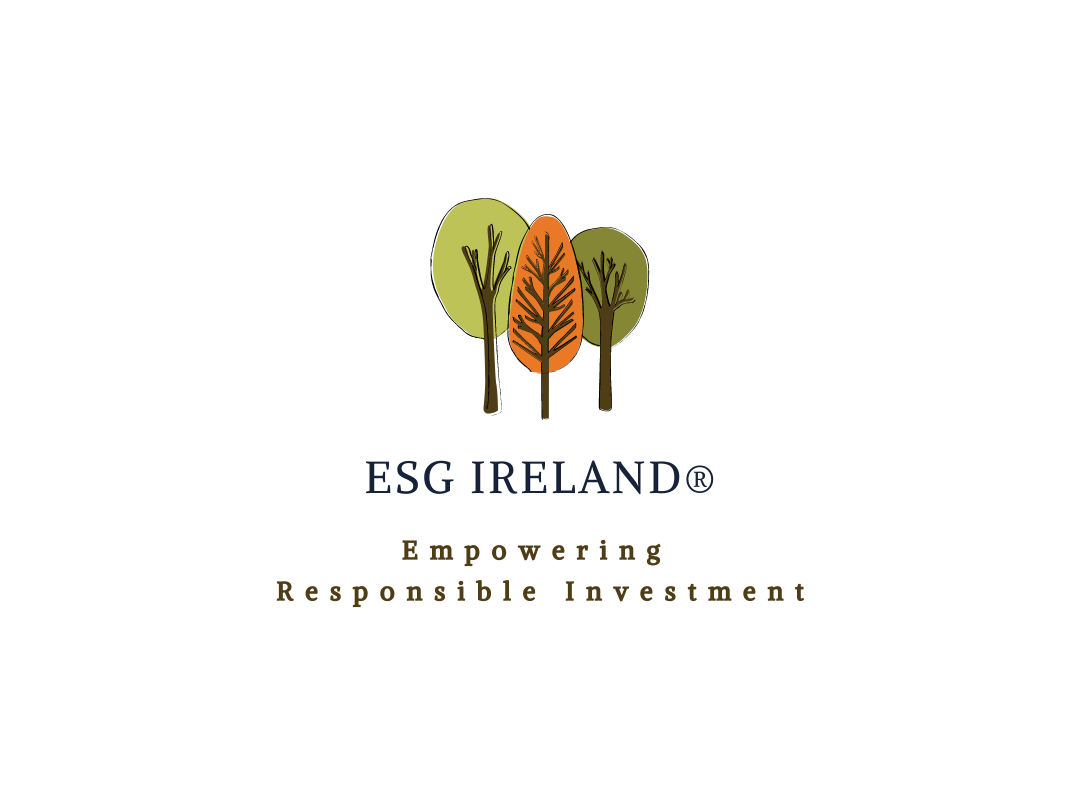Sustainable Investing: Resilience amid Uncertainty


BlackRock discuss sustainable investing and the transition toward sustainability.
The tremendous toll of the COVID-19 crisis – on health, economic well-being, and everyday activity – has precipitated a widespread reassessment of the way we live our lives. For governments, businesses, and investors, an essential question has been to understand the sources of resilience during the height of the crisis last spring and how to build on them to prepare for future crises.
Global equity markets signalled the severity of the crisis before much of the world had begun its lockdowns. Equities began their steep descent in late February, and in the course of one month, the Dow Jones Industrial Average fell over 10,000 points (34%),[1] demand for cash soared, and economic activity ground to a halt as businesses were forcibly shut down and people directed to stay inside. In this volatile environment, investors have been seeking to understand what characteristics contributed to comparative resilience in portfolios and how to incorporate these characteristics in their own investments.
The concept of sustainable investing can mean different things. Asset owners and asset managers often operate with multiple definitions, messages and motivations. BlackRock operates from a simple definition of sustainable investing: Combining traditional investing with environmental, social, and governance-related (ESG) insights to improve long-term outcomes for our clients. Our view: Companies with strong profiles on material sustainability issues have potential to outperform those with poor profiles. In particular, we believe companies managed with a focus on sustainability should be better positioned versus their less sustainable peers to weather adverse conditions while still benefiting from positive market environments.
Test of Conviction
The recent downturn was a key test of this conviction. In the first quarter of 2020, Morningstar reported 51 out of 57 of their sustainable indices outperformed their broad market counterparts, and MSCI reported 15 of 17 of their sustainable indices outperformed broad market counterparts – robust across region and index methodology.[2],[3] While this short time period is not determinative, it aligns with the resilience we have seen in sustainable strategies during prior downturns in 2015-2016 and 2018, which are explored in our research. Furthermore, these results are consistent with the research BlackRock has been publishing since mid-2018, demonstrating that sustainable strategies do not require a return tradeoff and have important resilient properties[4].
For investors, the most important question is why? What explains the resilience?
Research by BlackRock[5] has established a correlation between sustainability and traditional factors such as quality and low volatility, which themselves indicate resilience. As a result, we would expect sustainable companies to be more resilient during downturns. Traditional factors, however, do not describe the full set of attributes that can impact a company’s resilience. Analyzing the various sustainability characteristics of companies – and how these characteristics contributed to performance – deepens our understanding how sustainability reinforces resilience. Our research indicates that, in the current crisis, with its transformative and devastating impact on daily life, companies with a record of good customer relations or robust corporate culture are demonstrating resilient financial performance.

Material Factors
Casual observers initially attributed the strong performance of ESG funds to their relative underweighting to traditional energy companies, whose prices fell further than the overall market during the downturn. However, our own analysis and third party research[6] shows that the underperformance of traditional energy explains only a fraction of the outperformance seen in many sustainable funds.
We believe that the outperformance has instead been driven by a range of material sustainability characteristics, including job satisfaction of employees, the strength of customer relations, or the effectiveness of the company’s board. Overall, this period of market turbulence and economic uncertainty has further reinforced our conviction that ESG characteristics indicate resilience during market downturns.

Sustainability Transition
Another key piece of the resilience story has been investor preference for sustainable assets during the crisis. As investors have sought to rebalance their portfolios during market turmoil, they are increasingly preferring sustainable funds over more traditional ones. In the first quarter of 2020, global sustainable open-ended funds (mutual funds and ETFs) brought in USD40.5bn in new assets, a 41% increase year-over-year[7].
These inflows during a period of extraordinary market drawdown suggests a persistence in investor preferences toward sustainability. They upend an oft-cited concern pre-COVID crisis that during sharp market downturns, investors will de-prioritize sustainability. And they offer important, though short-term, evidence that the incipient shift in preferences – which was explored in research by the BlackRock Investment Institute earlier this year[8] – has been accelerated by the crisis and is another key contributor to the resilience of sustainable funds.
We believe that we are still in the early stages of a persistent and long-lasting shift toward sustainability – the full effects of which are not yet included in market prices, given the long transition. This is a transformation that we expect to see through the current pandemic, recovery, and long after.
End
This article was produced by BlackRock and featured in the Q4 issue of The ESG Factor newsletter. To subscribe e-mail Insights@esg.ie.
References
[1] Source: Bloomberg. Period: 20 February, 2020 to 20 March, 2020.
[2] https://www.morningstar.com/insights/2020/04/06/how-did-esg-indexes-fare
[3] https://www.msci.com/www/blog-posts/msci-esg-indexes-during-the/01781235361
[4] BlackRock Investment Institute, “Sustainable investing: ‘a why not’ moment” May 2018. “Sustainability: The bond that endures,” November 2019.
[5] Ibid
[6] See BlackRock’s full publication of “Sustainable Investing: resilience amid uncertainty”, May and www.morningstar.com: Sustainable funds weather the first quarter better than conventional funds
[7]The data for this analysis is captured from a number of sources by BlackRock, including provider websites, fund prospectuses, provider press releases, provider surveys, Bloomberg, the National Stock Exchange, Strategic Insight Simfund, and Wind. All amounts are reported in US dollars. Flows are derived using daily net asset values and shares outstanding using the most recent data we can capture at month-end. For products with cross-listings, we attribute net flows and assets to the primary listings. Data is as of March 31, 2020.
[8] BlackRock Investment Institute, “Sustainability: The tectonic shift transforming investing.” February 2020.
Disclaimer
Risk Warnings
Capital at risk. The value of investments and the income from them can fall as well as rise and are not guaranteed. Investors may not get back the amount originally invested. Past performance is not a reliable indicator of current or future results and should not be the sole factor of consideration when selecting a product or strategy. Changes in the rates of exchange between currencies may cause the value of investments to diminish or increase. Fluctuation may be particularly marked in the case of a higher volatility fund and the value of an investment may fall suddenly and substantially. Levels and basis of taxation may change from time to time.
Important Information
This material is for distribution to Professional Clients (as defined by the Financial Conduct Authority or MiFID Rules) only and should not be relied upon by any other persons. Any research in this document has been procured and may have been acted on by BlackRock for its own purpose. The results of such research are being made available only incidentally. The views expressed do not constitute investment or any other advice and are subject to change. They do not necessarily reflect the views of any company in the BlackRock Group or any part thereof and no assurances are made as to their accuracy.
This document is for information purposes only and does not constitute an offer or invitation to anyone to invest in any BlackRock funds and has not been prepared in connection with any such offer.
© 2020 BlackRock, Inc. All Rights reserved.
